Science week is coming!
 Where: Tabakalera (Donostia)
Where: Tabakalera (Donostia)
When: 7-9 November
Public: All ages
As every year CFM in collaboration with CSIC participates in UPV/EHU´s science week
STAND
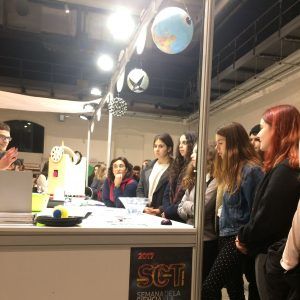 Venue: Tabakalera (Patio)
Venue: Tabakalera (Patio)
Date: 7-9 November 2024.
Audience: General public
Registration is not required.
Our researchers together with colleagues from POLYMAT, CIC nanoGUNE and DIPC present the EXPLORING THE WORLD OF MATERIALS stand, to showcase the nanoworld in which we move in our centers.
Advances in the field of nanoscience have allowed us to develop intelligent materials with fascinating applications. We invite you to interact with some of the most surprising of the moment: superhydrophobic sand, metal with shape memory, polymer invisible in water, etc.
Science Club
Venue: Tabakalera. Sala Z
Date: 8 November 2024 (Friday), 7:30 p.m.
Audience: activity not recommended for children under 12 years old
Duration: 90 minutes
Registration is not required, until full capacity is reached.
Humour and a lot of science are the components of the Zientzia Club formula. The idea was launched in 2014 with such success that it has been repeated in the following editions. But what exactly is Zientzia Club? Researchers at the UPV/EHU are the people responsible for and the protagonists of Zientzia Club. Through a monologue, a talk, a show or the perfect mix of all of them, they talk to us about their research and current scientific issues.
This year three colleagues from the CFM will be presenting their monologues
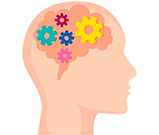
Who’s in charge of our body?
Ane Escobar
Language: Basque, Spanish
The brain is the epicentre of information processing in the body and oversees a wide range of functions, from voluntary movements to autonomous processes such as breathing and body temperature regulation. It also influences cognitive functions such as memory, learning and emotion.
Electrical and chemical signals originating in the brain travel through neurons and their networks to coordinate the body’s responses to different stimuli and environmental conditions. In short, the brain exerts considerable influence over the body’s functioning, but it is interconnected with other systems and organs to maintain proper balance and coordination.
Diamonds are (quantum) physics’ best friends
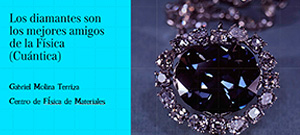
Gabriel Molina Terriza
Language: Spanish
A playful-divulgative talk in which I make jokes about physics, talk about certain concepts about light and atoms, explain what magnetic resonances are and how we work in my laboratory to improve them… I also juggle, clown around a bit… and I try to transmit passion for fundamental science.
Folding proteins
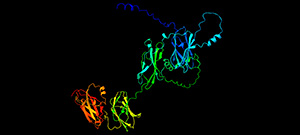 Paula Malo de Molina
Paula Malo de Molina
Lenguage: spanish
Nature has meticulously designed each of the millions of proteins for its specific function. So much so, that when we want to use them to make other materials, they can make it difficult for us; let’s say they are a bit rebellious. In this talk I will explain my adventures in trying to ‘tame’ proteins.
Dancing with the microwaves
Idoia Mugica Mendiola
Language: Basque
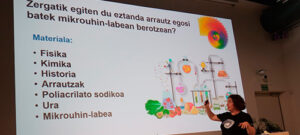
The microwave entered our kitchens several decades ago and for some people it is still an unknown quantity, or even worse, something terrifying. In this monologue we will be able to carry out extraordinary experiments to find out how it works and its peculiarities, and get up and dance!
 Scale UP your world workshop
Scale UP your world workshop
(SOLD OUT)
How far can our eyes see? What is the smallest thing you have ever seen? We will learn about macro, micro and nanoscopic scales as a family together with research staff from the DIPC, CIC nanoGUNE and CFM.
We will collect samples in the Cristina Enea park as scientists and explorers do and we will scale the world through the magnifying glass, the microscope and a domestic microscope that you can build yourself.
ORGANIZERS

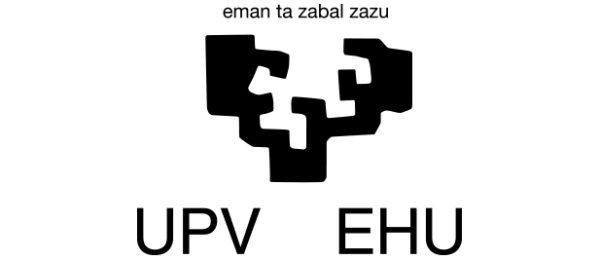
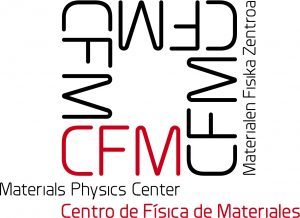




 Where: Tabakalera (Donostia)
Where: Tabakalera (Donostia)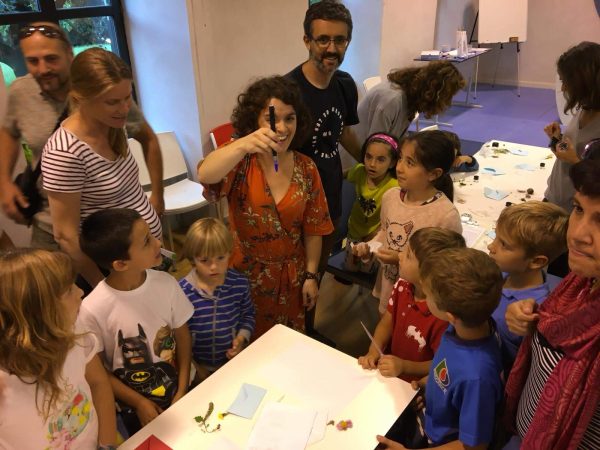 Scale UP your world workshop
Scale UP your world workshop